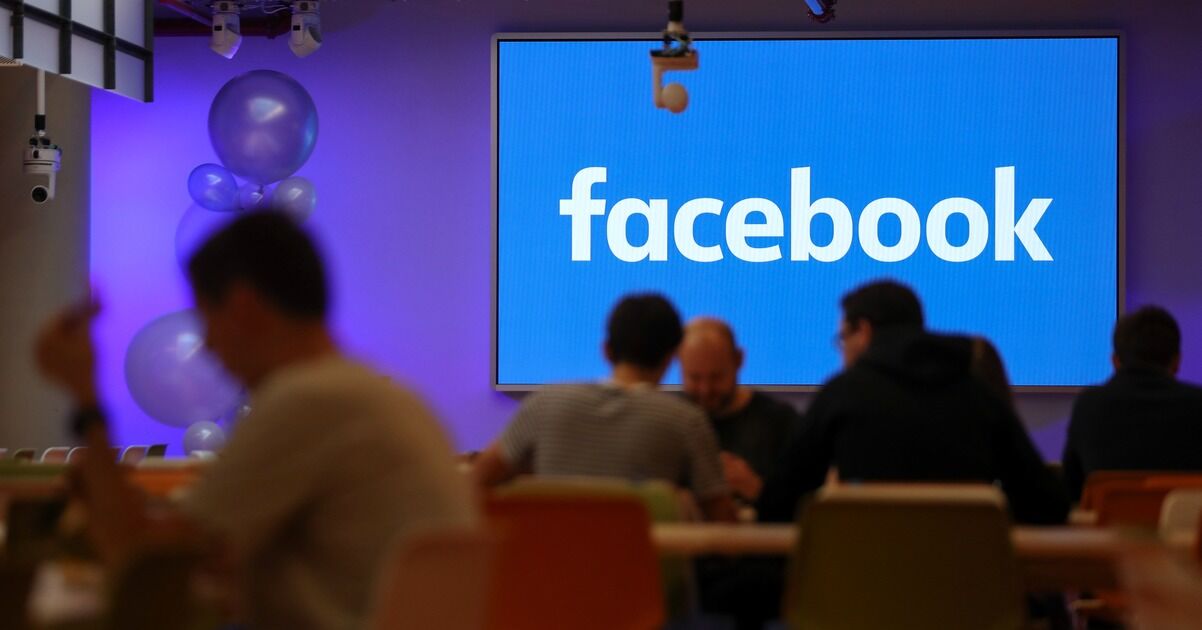Facebook may not allow you to call LGBTQ people by their acronym.
According to a Sunday evening tweet from Calvin Stowell, the chief growth officer at the Trevor Project, Facebook rejected one of the company’s ads it wanted to boost because it explicitly spoke to LGBTQ youth. The Trevor Project is an advocacy organization aimed at LGBTQ suicide prevention.
According to a screenshot that Stowell posted, Facebook told Stowell that the ad violated the social network’s advertising policies because it “[referred] to the viewer’s attributes (ex. Race, ethnicity, age, sexual orientation, name).”
lol you can no longer say LGBTQ in a fb post and boost it pic.twitter.com/zRWCa3dbxJ
— Calvin (@calvinstowell) February 4, 2018
INTO obtained a screenshot of the proposed boosted ad, which was a call for LGBTQ youth to take a mental health survey. The ad included a link for youth to click if “you or someone you know needs support.”

Stowell told INTO in an email interview that Trevor Project has shared surveys from other non-profits in the past, but that this one was the first crafted by the organization’s own team. The survey, Stowell says, was to fill in gaps around LGBTQ mental health research.
“Unfortunately the research around the intersection of mental health and LGBTQ youth is limited, and when you start digging into trans and gender non-binary or gender non-conforming youth there’s even less available,” Stowell said. Stowell said the survey would’ve dug deeper into mental health stats for trans and GNC communities.
By denying Trevor Project’s ad, Stowell said Facebook has hindered them from getting enough results for the research to be statistically significant. And organic reach may actually hurt the survey’s results, since that tends to attract too many similar people.
“Targeting LGBTQ youth across an intersection of identities would make sure we are getting a good sample of everyone, and not just one subgroup in our very large and diverse community,” Stowell said.
After sending an appeal to Facebook, Stowell received an email saying that his appeal had been denied.
Facebook officially denied my appeal to include “LGBTQ” in ad copy.
Seriously?
Get it together. This is ridiculous. pic.twitter.com/7I2tMSZpYf
— Calvin (@calvinstowell) February 5, 2018
Facebook officially denied my appeal to include “LGBTQ” in ad copy.
Seriously?
Get it together. This is ridiculous. pic.twitter.com/7I2tMSZpYf
— Calvin (@calvinstowell) February 5, 2018
INTO has reached out to Facebook for comment and will update when we hear back.
Facebook has been looking into its targeted ad policy after it was discovered that people were allowed to target people with hateful terms like “Jew hater.”
While Stowell understands their desire to over-correct after the scandal, he says that the policy still needs better calibration.
“This was an advertisement specifically for LGBTQ identifying youth ages 13-24 to ask them about their experiences with mental health, that’s all,” he said. “I think when [you] start censoring words (or even acronyms in this case) in ads as benign as LGBTQ you risk erasure in the attempt of equity.”
Monday, Feb. 5, 2:45 p.m.: After the publication of INTO’s article, Facebook contacted Stowell saying his ad had been approved.
Don't forget to share:
Help make sure LGBTQ+ stories are being told...
We can't rely on mainstream media to tell our stories. That's why we don't lock our articles behind a paywall. Will you support our mission with a contribution today?
Cancel anytime · Proudly LGBTQ+ owned and operated
Read More in Impact
The Latest on INTO
Subscribe to get a twice-weekly dose of queer news, updates, and insights from the INTO team.
in Your Inbox













